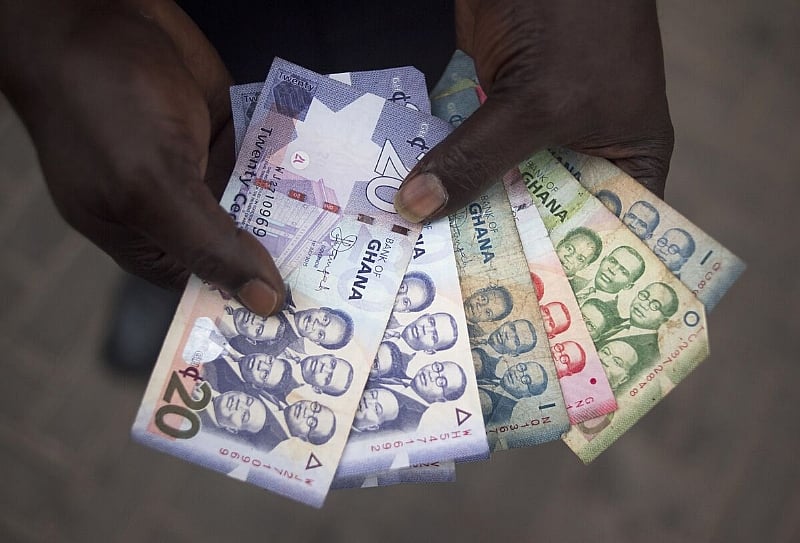The Ghanaian Cedi exhibited relative stability against the United States dollar in early January 2025, maintaining a consistent average exchange rate compared to the previous Sunday. As of Monday morning, January 6th, data compiled from various sources, including Cedirates.com, indicated a buying rate of GHS14.64 and a selling rate of GHS15.12 at forex bureaus. This suggests a slight premium for those selling dollars compared to those buying. These rates represent the general market trend observed at currency exchange outlets across the country. The relatively tight spread between buying and selling rates indicates a stable and predictable market for dollar transactions.
A deeper analysis reveals nuanced variations in the Cedi’s performance across different financial platforms. At forex bureaus, where individuals typically exchange currency, the buying rate stood at GHS15.30, while the selling rate reached GHS15.85. This wider spread reflects the operational costs and profit margins incorporated by these businesses. Meanwhile, interbank rates, reflecting transactions between financial institutions, indicated a tighter range. Banks were buying dollars at GHS14.74 and selling at GHS14.76. This narrower spread is characteristic of large-volume transactions within the banking sector. The data highlights the importance of considering the specific platform when assessing the Cedi’s performance against the dollar.
The Cedi’s performance against other major international currencies also demonstrated stability. Against the British Pound Sterling, the average buying rate was GHS18.09, while the selling rate averaged GHS18.81. This suggests a slightly wider spread compared to the dollar exchange rate, potentially reflecting lower trading volumes and potentially higher volatility. Similarly, the Euro traded at an average buying rate of GHS14.98 and a selling rate of GHS15.63. These rates place the Euro’s value relative to the Cedi between that of the dollar and the pound. This reflects the interplay of international market forces affecting these currencies.
Interbank rates for the Pound and Euro provide further insights into the dynamics of the Ghanaian currency market. The Bank of Ghana’s interbank market quoted a selling price of GHS18.29 for the Pound Sterling, slightly higher than the average selling rate at forex bureaus. This difference could be attributed to the Bank of Ghana’s role in stabilizing the currency and setting benchmark rates. For the Euro, the interbank selling rate was GHS15.17, closer to the average forex bureau rate, suggesting a more competitive and fluid market for the Euro. These subtle differences highlight the intricate interplay of factors influencing currency exchange rates.
Remittance services, a vital channel for international financial flows into Ghana, offered competitive exchange rates. LemFi and Afriex, two prominent platforms facilitating money transfers from the US and the UK, offered rates of GHS14.60 and GHS14.76 per dollar, respectively. These rates, close to the interbank rates, provide favorable terms for those sending money to Ghana. For the British Pound, these platforms offered buying and selling rates of GHS18.21 and GHS18.44, respectively. These rates align closely with prevailing market trends. For the Euro, Afriex offered a selling rate of GHS15.37, while LemFi offered GHS15.16 per Euro. These platforms play a key role in providing accessible and efficient cross-border financial services.
For online subscription services like Netflix, Spotify, and Apple Music, payments processed through Visa and Mastercard were converted at a rate of GHS15.78 per dollar. This rate, slightly higher than the interbank and remittance rates, reflects the transaction fees and processing costs associated with international card payments. This information is relevant for consumers budgeting for these services and highlights the importance of understanding the exchange rate implications of international transactions. The stability of the Cedi against major international currencies like the dollar, pound, and euro, as observed in early January 2025, signals a positive economic outlook for Ghana. The various exchange rates across different platforms reflect a dynamic and interconnected financial landscape.














